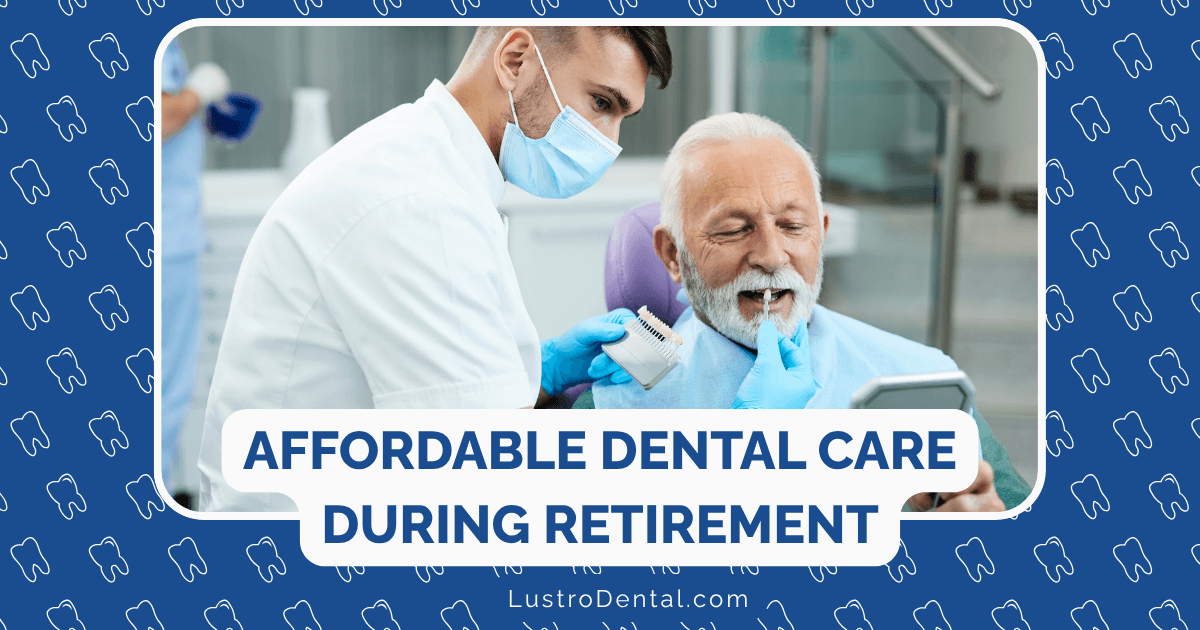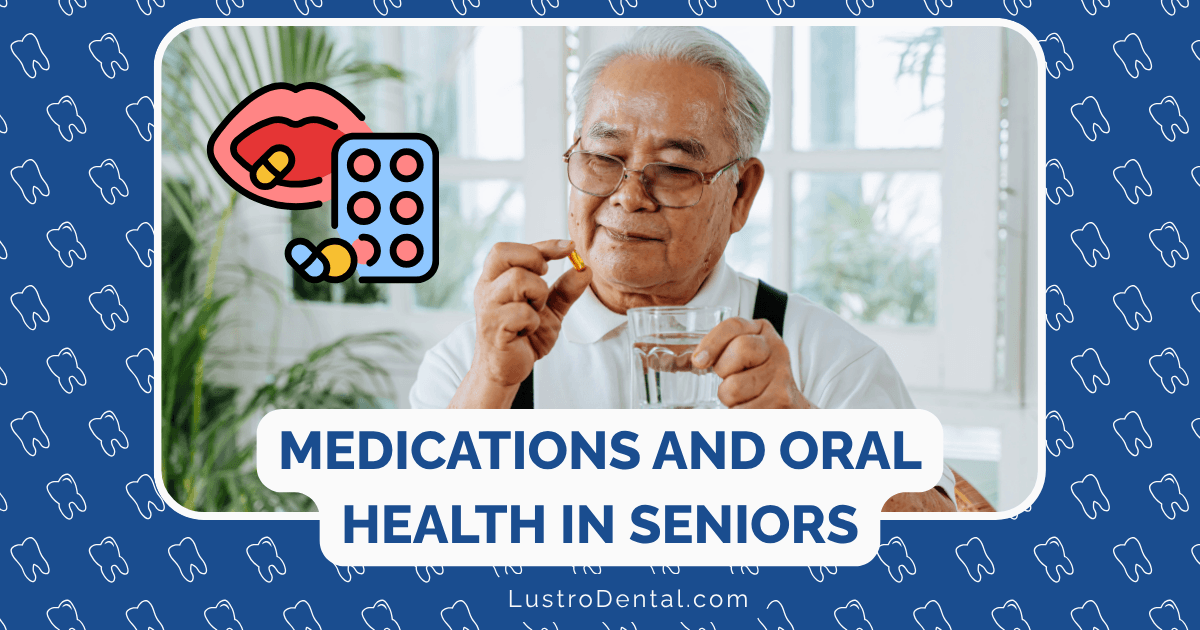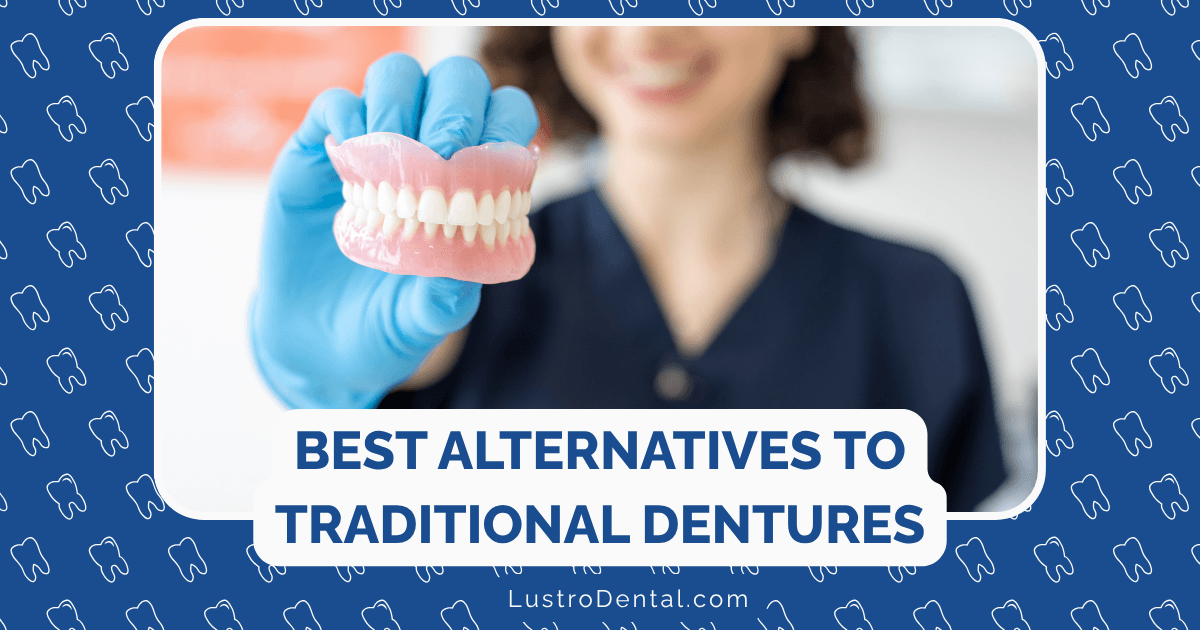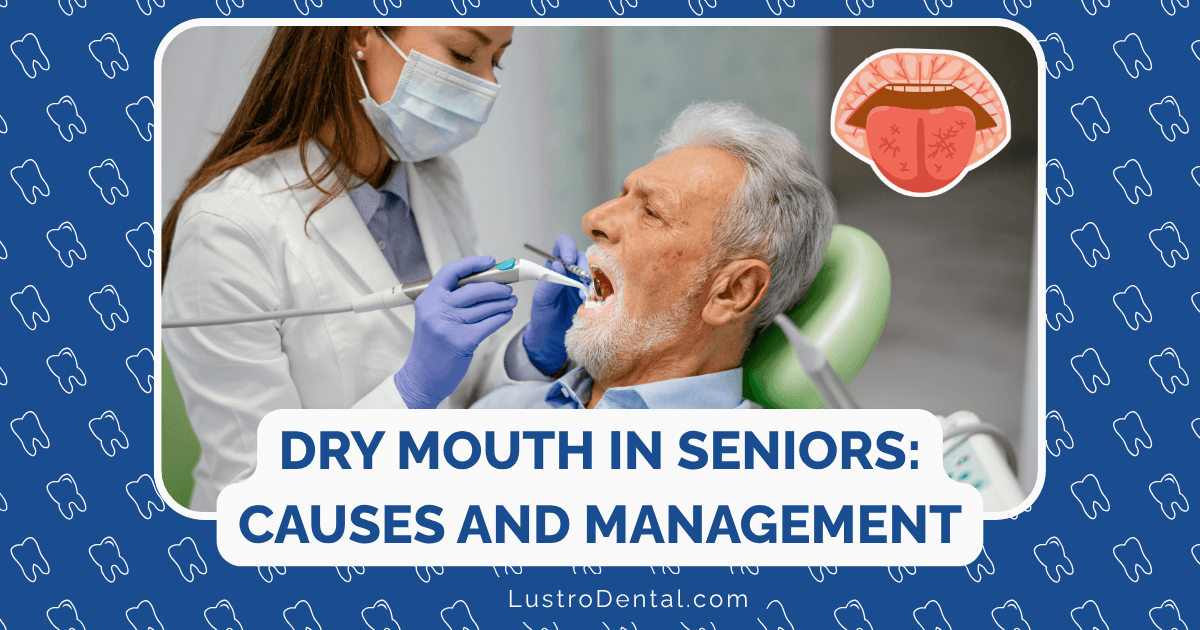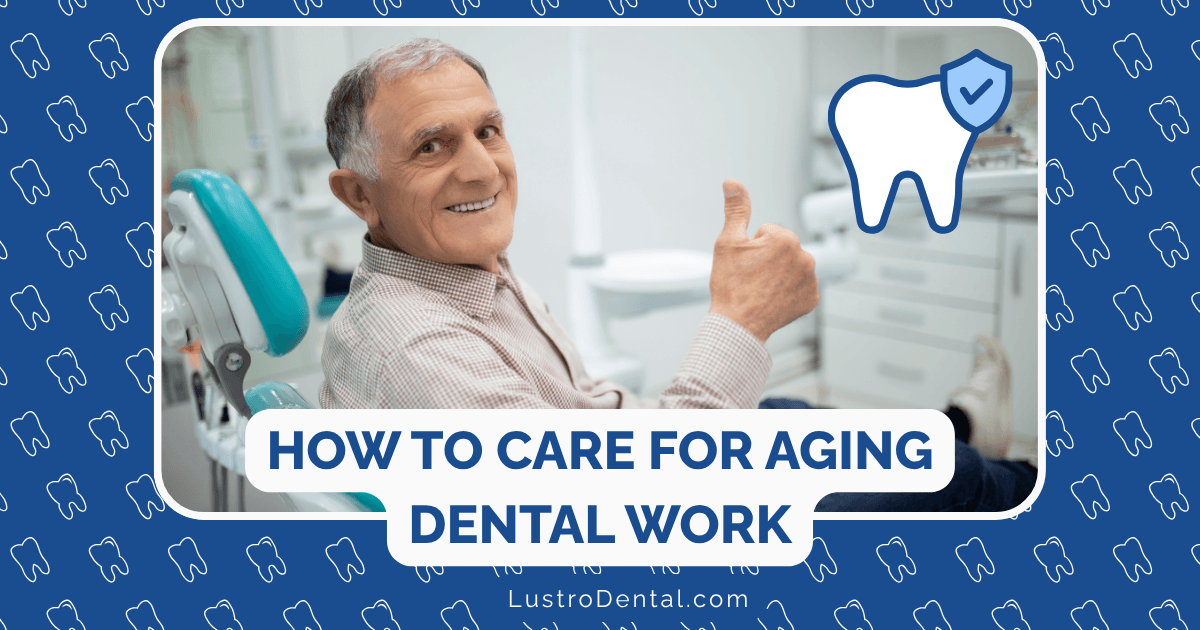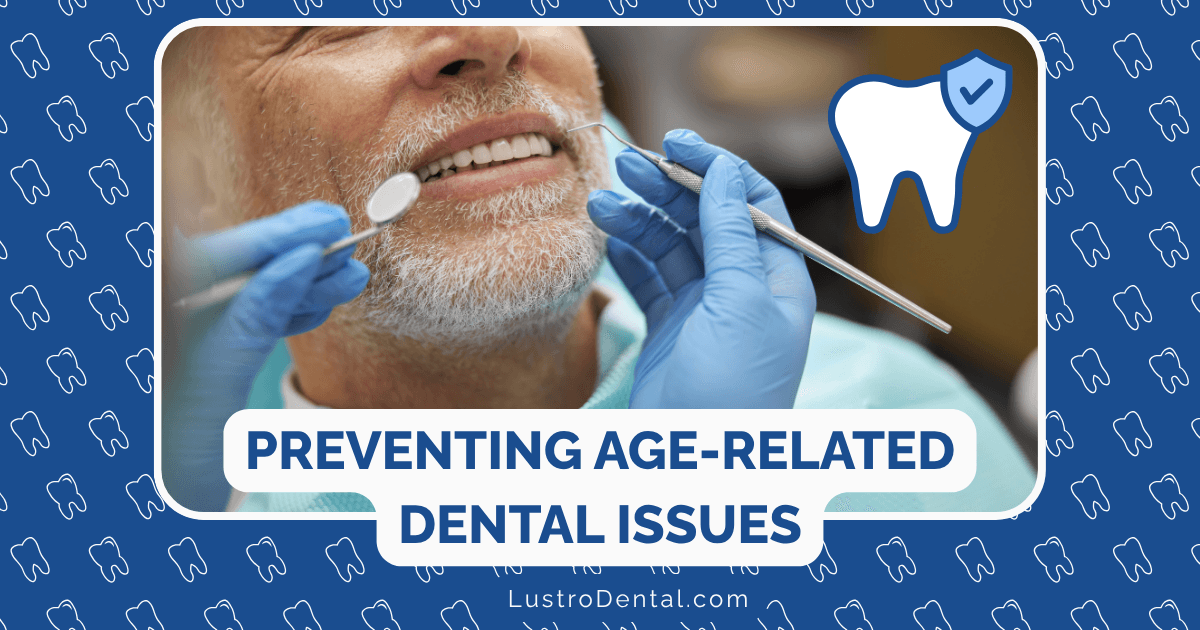The Busy Professional’s Guide to Dental Health
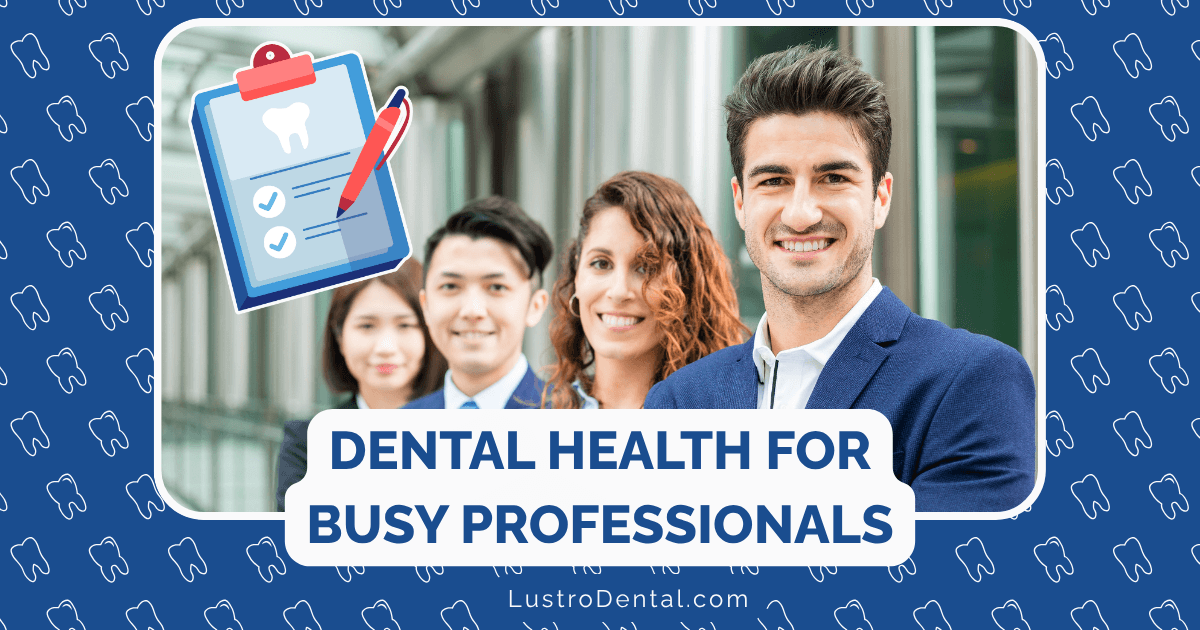
Between back-to-back meetings, project deadlines, and maintaining some semblance of work-life balance, dental health often falls to the bottom of a busy professional’s priority list. Yet neglecting your oral health can lead to more than just cavities—it can impact your overall health, professional appearance, and even your confidence in high-stakes situations.
The good news? Maintaining excellent dental health doesn’t require hours of your precious time. This guide offers practical, time-efficient strategies to help busy professionals maintain optimal oral health without disrupting their packed schedules.
The High Stakes of Dental Health for Professionals
Before diving into solutions, let’s understand why dental health matters particularly for busy professionals:
- Professional image: Like it or not, your smile is part of your professional brand. Research from the American Academy of Cosmetic Dentistry shows that people with attractive smiles are perceived as more successful, trustworthy, and competent.
- Presentation confidence: Speaking confidently in meetings or presentations becomes challenging when you’re self-conscious about your teeth or dealing with dental pain.
- Productivity costs: According to the American Dental Association, adults lose more than 164 million hours of work annually due to dental problems and treatments.
- Systemic health connections: Poor oral health has been linked to serious conditions including heart disease, diabetes, and respiratory infections—all of which can impact your career longevity and performance.
Dr. Sarah Chen, dental health specialist at Professional Health Institute, notes: “I see many executives who postpone dental care until they’re facing a crisis. What they don’t realize is that preventive care actually saves time in the long run—not to mention pain, expense, and potential career disruption.”
The 2-2-2 Rule: The Minimal Effective Dose for Dental Health
If you remember nothing else from this guide, commit to the 2-2-2 rule:
- Brush 2 times daily (morning and night)
- For 2 minutes each time (use a timer!)
- Visit your dentist 2 times yearly (schedule these in advance)
This simple framework provides the foundation for good oral health with minimal time investment. Now, let’s build on this foundation with time-efficient strategies for busy professionals.
Morning Routine Optimization: Dental Care in Under 3 Minutes
Your morning routine is likely already optimized for efficiency. Here’s how to incorporate proper dental care without adding significant time:
1. Invest in a High-Quality Electric Toothbrush
The latest smart electric toothbrushes not only clean more effectively but also provide real-time feedback to improve your technique. Models like the Philips Sonicare DiamondClean Smart or Oral-B iO Series feature:
- Built-in timers ensuring you brush for the full two minutes
- Pressure sensors preventing enamel damage from aggressive brushing
- Bluetooth connectivity tracking your brushing habits over time
- Multiple modes for different needs (whitening, gum care, etc.)
“Electric toothbrushes remove up to 21% more plaque than manual brushing,” explains Dr. Michael Rodriguez, dental technology specialist at Dental Innovation Center. “For busy professionals, this means more effective cleaning in the same amount of time.”
2. Multitask Mindfully
While mindfulness experts might cringe, strategic multitasking can help busy professionals maintain dental health:
- Brush while showering (keep a waterproof toothbrush in your shower)
- Review your day’s calendar or listen to news briefings while brushing
- Use the two minutes of brushing for quick meditation or breathing exercises
3. Keep a Professional Kit at Your Workplace
Maintain a discrete dental kit in your desk drawer containing:
- Travel toothbrush and toothpaste
- Floss picks or a water flosser
- Sugar-free mints or gum with xylitol
- Interdental brushes for quick cleaning between meetings
James Peterson, CEO of Executive Health Solutions, shares: “I keep dental supplies in my office, car, and briefcase. This has been game-changing for maintaining oral hygiene between client meetings and before important presentations.”
Strategic Snacking and Hydration for Dental Health
What you consume throughout your workday significantly impacts your dental health. Here’s how to make smart choices that protect your teeth while maintaining energy and focus:
1. Choose Tooth-Friendly Snacks
Opt for snacks that actually benefit your teeth:
- Cheese and yogurt: Rich in calcium and protein, these foods help neutralize acids and strengthen enamel
- Crunchy vegetables: Carrots, celery, and bell peppers stimulate saliva production and naturally clean teeth
- Nuts: Provide protein without added sugars and require chewing that stimulates saliva
- Dark chocolate (70%+ cacao): Contains compounds that may help harden enamel and fight bacteria (in moderation)
2. Rethink Your Coffee Habit
Coffee stains teeth and can contribute to dry mouth. Consider these modifications:
- Drink through a straw to minimize contact with front teeth
- Follow coffee with water to rinse away acids and dark pigments
- Consider switching to green tea for afternoon caffeine (less staining)
- Use whitening toothpaste to counteract minor staining
3. Stay Strategically Hydrated
Water is your dental health ally:
- Keep a reusable water bottle at your desk and in meetings
- Rinse your mouth with water after meals when brushing isn’t possible
- Opt for fluoridated water when available to strengthen enamel
- Set hydration reminders on your phone or smartwatch
Dr. Emily Warren, nutritional consultant at Corporate Wellness Institute, advises: “Many professionals inadvertently dehydrate themselves throughout the workday, which reduces saliva flow—your body’s natural defense against cavities. Simply increasing water intake can significantly improve oral health.”
Leveraging Technology for Dental Health Efficiency
In 2025, dental technology has evolved to meet the needs of busy professionals. Here are the most time-efficient innovations:
1. AI-Powered Oral Care
Artificial intelligence is revolutionizing home dental care:
- Smart toothbrushes with AI coaching provide real-time feedback on your brushing technique
- Mobile apps analyze your brushing patterns and offer personalized recommendations
- Smart mirrors can detect early signs of dental issues during your regular routine
2. Teledentistry for Busy Schedules
Many dental practices now offer virtual consultations:
- Get quick assessments of dental concerns without leaving your office
- Receive professional advice on whether an issue requires an in-person visit
- Manage follow-ups and treatment planning remotely
3. Subscription Services for Dental Supplies
Never run out of essential dental care products:
- Automated delivery of replacement brush heads, floss, and toothpaste
- Customized oral care kits based on your specific dental needs
- Professional-grade products delivered directly to your home or office
Taylor Martinez, technology director at Digital Health Innovations, notes: “The integration of AI into dental care tools allows busy professionals to maintain dental health more efficiently while actually improving outcomes. It’s like having a dental hygienist monitoring your technique every day.”
Strategic Scheduling: Making Dental Appointments Work for You
Regular dental visits are non-negotiable for maintaining oral health, but they don’t have to disrupt your professional life:
1. Book the “Golden Hours”
Many dental practices offer appointments designed for busy professionals:
- Early morning slots (7-8 AM) before your workday begins
- Lunch hour express appointments
- Evening slots after business hours
2. Consolidate Care with Efficiency-Focused Dentists
Look for dental practices that cater to busy professionals:
- Practices offering same-day crowns using CEREC or similar technology
- Dentists who combine cleaning and exam in one efficient appointment
- Practices with online booking and digital paperwork you can complete in advance
3. Plan Strategically Around Your Professional Calendar
Be proactive with dental appointment scheduling:
- Book routine cleanings 6 months in advance, securing optimal times
- Schedule dental work during naturally slower periods in your industry
- Consider combining dental visits with nearby business meetings or travel
Dr. Lisa Chen, practice management consultant at Executive Dental Care, suggests: “Many of my high-performing professional clients schedule their dental appointments for the entire year each January. This ensures they get the times that work best for their schedules and prevents dental care from falling through the cracks.”
Emergency Preparedness: Handling Dental Issues Without Disrupting Your Career
Even with excellent preventive care, dental emergencies can happen. Being prepared minimizes their impact on your professional life:
1. Know Your Emergency Options
Research and save contact information for:
- Your dentist’s emergency line
- A nearby emergency dental clinic
- Teledentistry services offering urgent consultations
2. Maintain a Dental Emergency Kit
Keep a small emergency kit in your desk or briefcase:
- Over-the-counter dental pain reliever (like Orajel)
- Temporary filling material (available at pharmacies)
- Dental wax for covering a broken tooth or irritating dental work
- Your dentist’s contact information
3. Understand What Constitutes a True Emergency
Know when to drop everything and when a problem can wait:
- Immediate attention needed: Severe pain, facial swelling, bleeding that won’t stop, knocked-out tooth (which can often be saved if treated within 30-60 minutes)
- Can wait for regular hours: Minor chipping, lost filling without pain, mild sensitivity
The Professional’s Annual Dental Health Calendar
Create a simple annual plan to ensure dental health remains a priority without becoming a time burden:
January:
- Schedule both dental cleanings for the year
- Replace your toothbrush or electric toothbrush head
- Review dental insurance benefits and plan any needed treatments
April:
- First dental cleaning/exam of the year
- Replace toothbrush or brush head
- Reassess oral care routine and products
July:
- Replace toothbrush or brush head
- Consider a professional whitening if needed for major professional events
October:
- Second dental cleaning/exam
- Replace toothbrush or brush head
- Utilize any remaining dental insurance benefits before year-end
Real-World Success: How Top Professionals Maintain Dental Health
Case Study: The Tech Executive
James, 42, CEO of a tech startup, maintains excellent dental health despite 70-hour workweeks by:
- Using a smart toothbrush that reminds him to brush and tracks his habits
- Keeping dental supplies in multiple locations (home, office, travel bag)
- Scheduling all dental appointments as 7:30 AM slots before his workday begins
- Using a water flosser while reviewing email each evening
Case Study: The Traveling Consultant
Maria, 38, management consultant with frequent travel, maintains her smile by:
- Packing a comprehensive dental kit in her carry-on luggage
- Setting a recurring reminder to brush and floss regardless of time zone
- Scheduling dental appointments during home office weeks
- Using teledentistry consultations when minor issues arise during travel
Case Study: The Legal Professional
Robert, 45, corporate attorney with unpredictable hours, prioritizes dental health by:
- Brushing immediately after his morning coffee before opening emails
- Keeping floss picks in his suit pocket for quick use between meetings
- Scheduling dental appointments on court holidays
- Using a night guard to prevent damage from stress-induced teeth grinding
The Bottom Line: Minimal Time Investment, Maximum Returns
Maintaining excellent dental health as a busy professional doesn’t require hours of your time—it requires strategic planning and consistency. By implementing the efficiency-focused approaches in this guide, you can protect your smile, overall health, and professional image with minimal disruption to your packed schedule.
Remember the 2-2-2 rule as your baseline, leverage technology to maximize efficiency, and be proactive rather than reactive about dental care. Your future self—with a healthy smile and uninterrupted career trajectory—will thank you.
How do you maintain your dental health with a busy professional schedule? Share your tips and challenges in the comments below!


